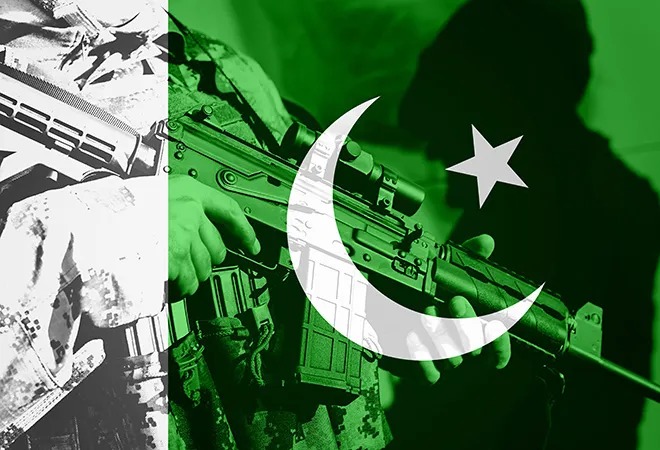
Pakistan’s National Security Strategy Is Broken. Reform Must Begin at Home
In 2021, the Pakistani government introduced its inaugural National Security Policy, asserting that “the safety, security, dignity, and prosperity of citizens in all their manifestations will remain the ultimate purpose of Pakistan’s national security (p. 6).” To many, this appeared to mark a shift—at least rhetorically—towards a more citizen-focused and comprehensive understanding of security, moving away from the historically military-centric framework. Yet, four years on, such declarations appear increasingly unfulfilled.
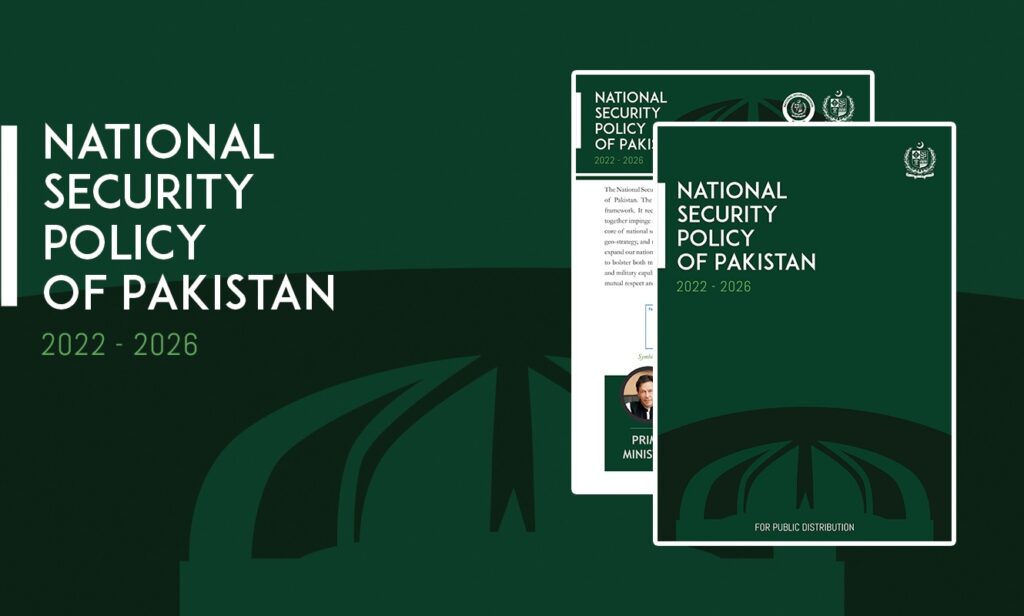
From Balochistan to Khyber Pakhtunkhwa, Pakistan remains challenged by escalating internal insurgencies. The Baloch nationalist movement, in particular, has withstood decades of state repression and, in recent years, has expanded both in territorial scope and tactical capability. Concurrently, Pakistan’s regional stance—especially its policy alignment with the Afghan Taliban and its enduring engagement with extremist proxies—has resulted in diplomatic isolation and increased domestic exposure to militant reprisals.
If Pakistan aspires to become a secure state, it must first confront a difficult truth: national security cannot be sustained on the basis of repression, strategic ambiguity, and denial. Instead, it must be re-envisioned to include justice, political reconciliation, and an honest reckoning with historical missteps. This transformation must commence with Balochistan.
For decades, the Pakistani state has approached Baloch nationalism not as a legitimate political grievance requiring resolution, but as a security challenge to be forcefully suppressed. This approach has involved enforced disappearances, extrajudicial killings, and aggressive military interventions. Consequently, a profound sense of alienation has taken root among Baloch communities, many of whom, having suffered state violence, now view the state more as a colonising force than a protective authority. It is therefore unsurprising that leading non-violent advocates for justice in the province, such as Mahrang Baloch, have personally experienced repression, with numerous family members subjected to enforced disappearances or extrajudicial killings.
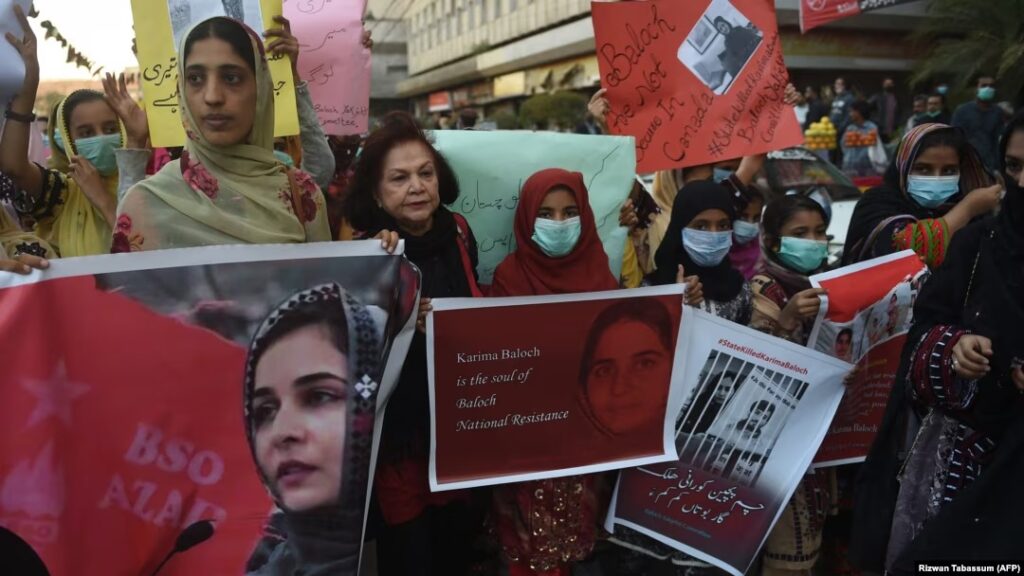
Despite ongoing state abuses, the insurgency has persisted—and indeed, it has adapted. Organisations such as the Baloch Liberation Army (BLA) have extended their activities beyond traditional rural strongholds, increasingly targeting economic infrastructure and security personnel across the province, and occasionally in major urban centres such as Karachi. In recent years, Baloch insurgents have repeatedly attacked Pakistani military facilities and China-backed development projects, resulting in the deaths of several Chinese nationals. This trajectory does not reflect a weakening movement; rather, it underscores the failure of the Pakistani state’s militarised strategy.
The government continues to portray the insurgency as externally orchestrated, particularly by India. This narrative serves to conveniently sidestep the deeper, legitimate grievances of Baloch citizens, including political exclusion, resource extraction without local benefit, and a lack of essential public services. Notably, Balochistan—despite its substantial mineral wealth—remains among the most impoverished and underdeveloped regions in the country. It is this stark disjunction between the state’s strategic priorities and the lived experiences of its people that lies at the core of Pakistan’s faltering national security framework.
Pakistan’s prevailing security architecture has been predominantly shaped and directed by the military establishment. Its conventional orientation has remained India-centric, interpreting national security primarily through the limited perspective of perceived external threats. This strategic outlook has fostered three deeply detrimental tendencies within the country’s policymaking.
Firstly, it has resulted in the systematic securitisation of internal dissent. Movements advocating for ethnic rights, such as the Pashtun Tahafuz Movement, calls for democratic reform, and even critical journalism are frequently perceived as threats to “national unity.” The state’s response has often been coercive, ranging from censorship to outright violence—as recently witnessed during the Baloch Yakjehti Committee’s protest march against extrajudicial killings and ongoing state-enforced disappearances in Balochistan. This approach has only exacerbated public distrust and further eroded the cohesion of the social fabric.
Secondly, it has normalised the deployment of non-state actors as tools of regional influence. From Kashmir to Afghanistan, Pakistan has supported extremist groups that serve its strategic objectives. While this proxy strategy may have yielded short-term gains, it has come at a significant cost, as several of these groups have turned against the state itself—most notably the Tehrik-i-Taliban Pakistan (TTP), which has resurged in strength in recent years.
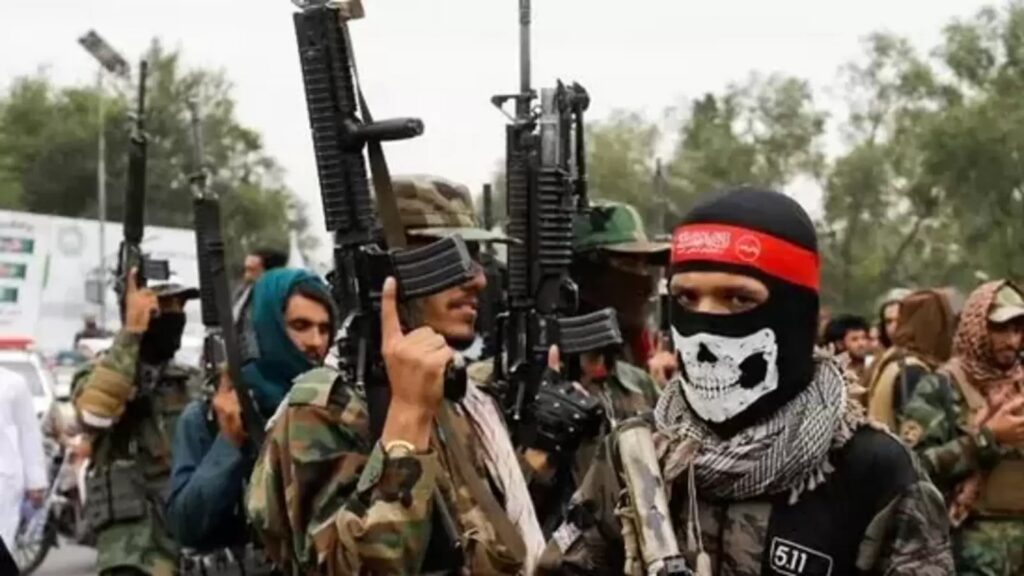
Thirdly, this strategy has contributed to Pakistan’s diplomatic isolation. Its ongoing support for, or at least tolerance of, the Afghan Taliban has estranged key allies, including the United States and the wider international community. Repeated statements by US officials accusing Pakistan of exploiting its partnership with Washington for counterterrorism purposes while simultaneously shielding such groups underscore this duplicity. Moreover, Pakistan’s failure to present a coherent counter-extremism policy has rendered it an unreliable actor in global counterterrorism initiatives. Arguably, Pakistan’s national security doctrine has, paradoxically, undermined its own security.
For Pakistan to break free from this cyclical pattern, it requires more than a mere superficial adjustment to its national security policy. A profound transformation is necessary, starting with a shift in focus from safeguarding the interests of the military establishment to prioritising the welfare of its citizens.
This entails prioritising political dialogue over military repression in Balochistan and other turbulent regions. Additionally, it must recognise that dissent is not an act of treason, that ethnic grievances do not constitute national threats, and that lasting peace is achieved through negotiation, not eradication.
This also requires rejecting the militarised approach in favour of empowering civilian institutions to lead on internal security. The intelligence and military apparatus must not serve as both judge and executioner in matters of internal dissent. Pakistan’s democracy, despite its fragility, cannot thrive under the strain of a constant state of emergency and dominant military control.
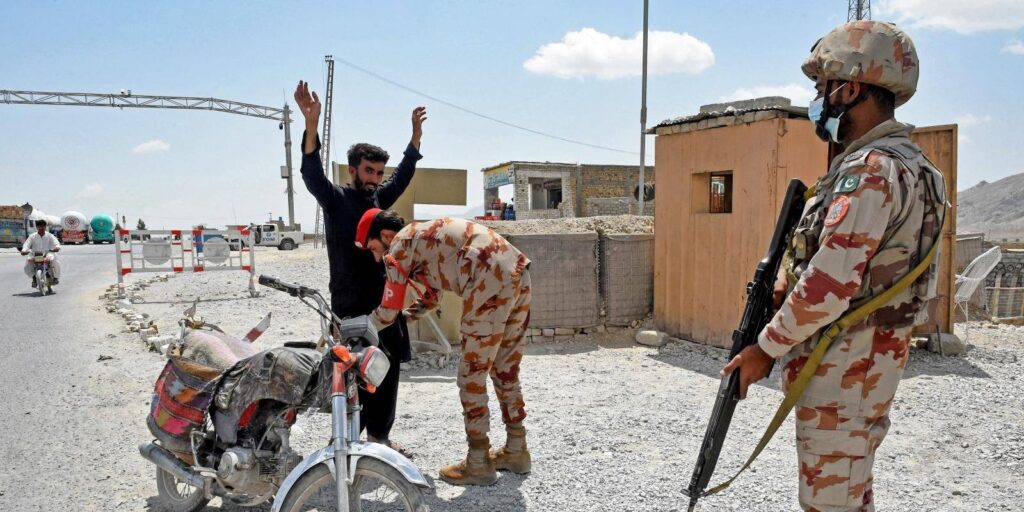
Moreover, it is crucial to abandon the “good Taliban, bad Taliban” policy, which has always been driven more by strategic considerations than by moral principles. The Taliban’s resurgence in Afghanistan represents a model that Pakistan should avoid, as it has strengthened jihadist networks across the region. Pakistan must end its strategic ambivalence and decisively distance itself from all extremist groups. No state can achieve stability while harbouring forces fundamentally opposed to the very concept of the modern nation-state. Pakistan has options, but lacks the political will.
The path to reform will be challenging. It will necessitate the military’s relinquishment of some control over internal policy decisions, as well as political leaders demonstrating the courage to confront uncomfortable truths. Additionally, it will require society as a whole to call for a new definition of security—one that is not merely the absence of conflict, but the presence of justice, opportunity, and dignity. For Pakistan, the stakes are immense. The choice is no longer between change and continuity, but between transformation and ongoing disintegration.